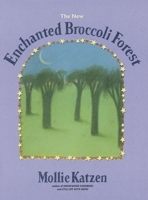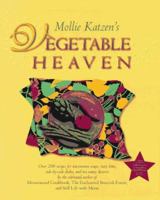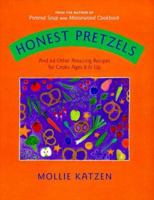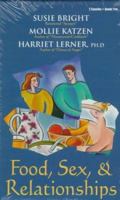The Amazing Memory Kit: Everything You Need to Improve Your Memory!
Select Format
Select Condition 
More by Mollie Katzen
Book Overview
Absent-minded professors, take note: Now you can learn to boost your brainpower and perform amazing feats of memory beyond your wildest imagination. In The Amazing Memory Kit, Dominic O'Brien -- eight-time winner of the World Memory Championship -- reveals his memory-stretching secrets and shows you how to put them into practice with effective, innovative and fun-to-use tools. This all-inclusive kit features an entertaining, fascinating book revealing Mr. O'Brien's most successful techniques and tricks, two full-color memory journey maps, and a deck of 100 memory cards with specially commissioned artwork. In no time, you'll learn how to memorize more than 2,000 combinations of names and faces, lists of 100 items, and lots of important numbers and dates. This description may be from another edition of this product.
Format:Paperback
Language:English
ISBN:1592235069
ISBN13:9781592235063
Release Date:October 2005
Publisher:Thunder Bay Press
Length:64 Pages
Weight:0.49 lbs.
Dimensions:1.5" x 8.4" x 11.0"
Customer Reviews
5 customer ratings | 5 reviews
Rated 1 starsRip Off!
By Michael Schweigart, Verified Purchase
When I ordered this item, it stated quite clearly that it included the whole kit. But all I got was the book
0Report










![Paperback The Amazing Memory Kit: Everything You Need to Improve Your Memory! [With Memory Card DeckWith Two Memory Maps] Book](https://i.thriftbooks.com/api/imagehandler/m/D5EA63737E3CBCE54865BC98DAE6BC0854805883.jpeg)




























